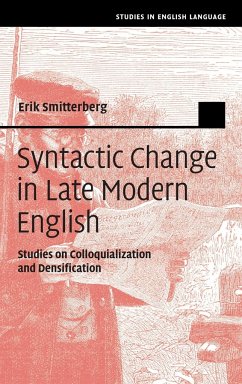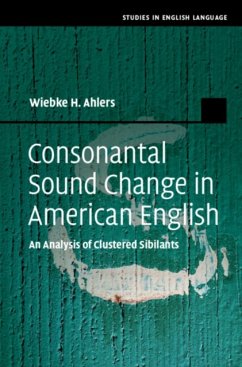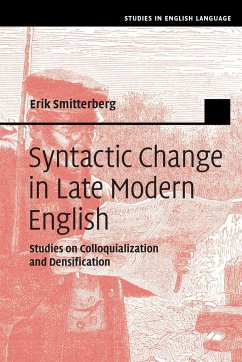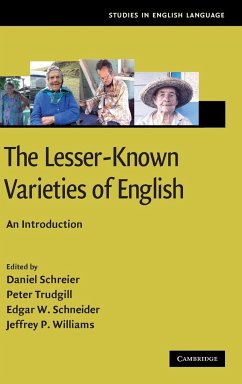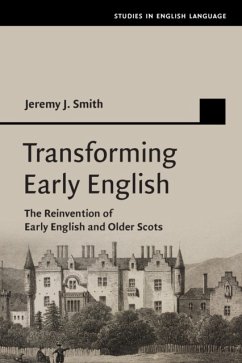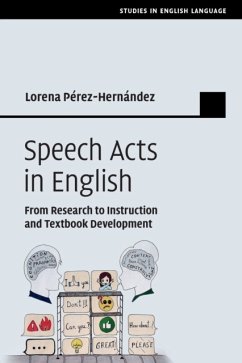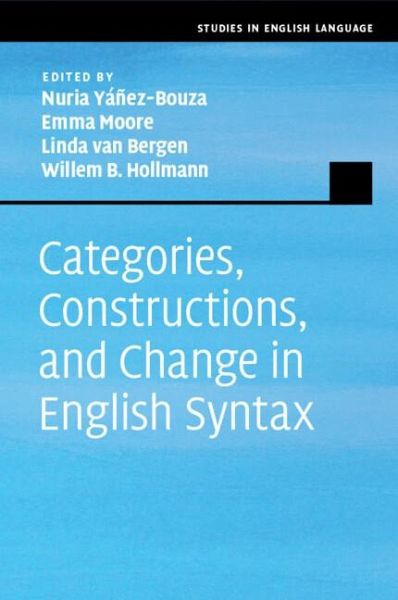
Categories, Constructions, and Change in English Syntax
Versandkostenfrei!
Versandfertig in 1-2 Wochen
37,99 €
inkl. MwSt.

PAYBACK Punkte
19 °P sammeln!
A collection of new case studies by world-renowned and emerging scholars in the field, which explores English syntactic structure, variation, and change, both past and present, methodologically and theoretically. It is ideal reading for scholars and advanced students in English syntax, historical linguistics, linguistic theory and corpus linguistics.





